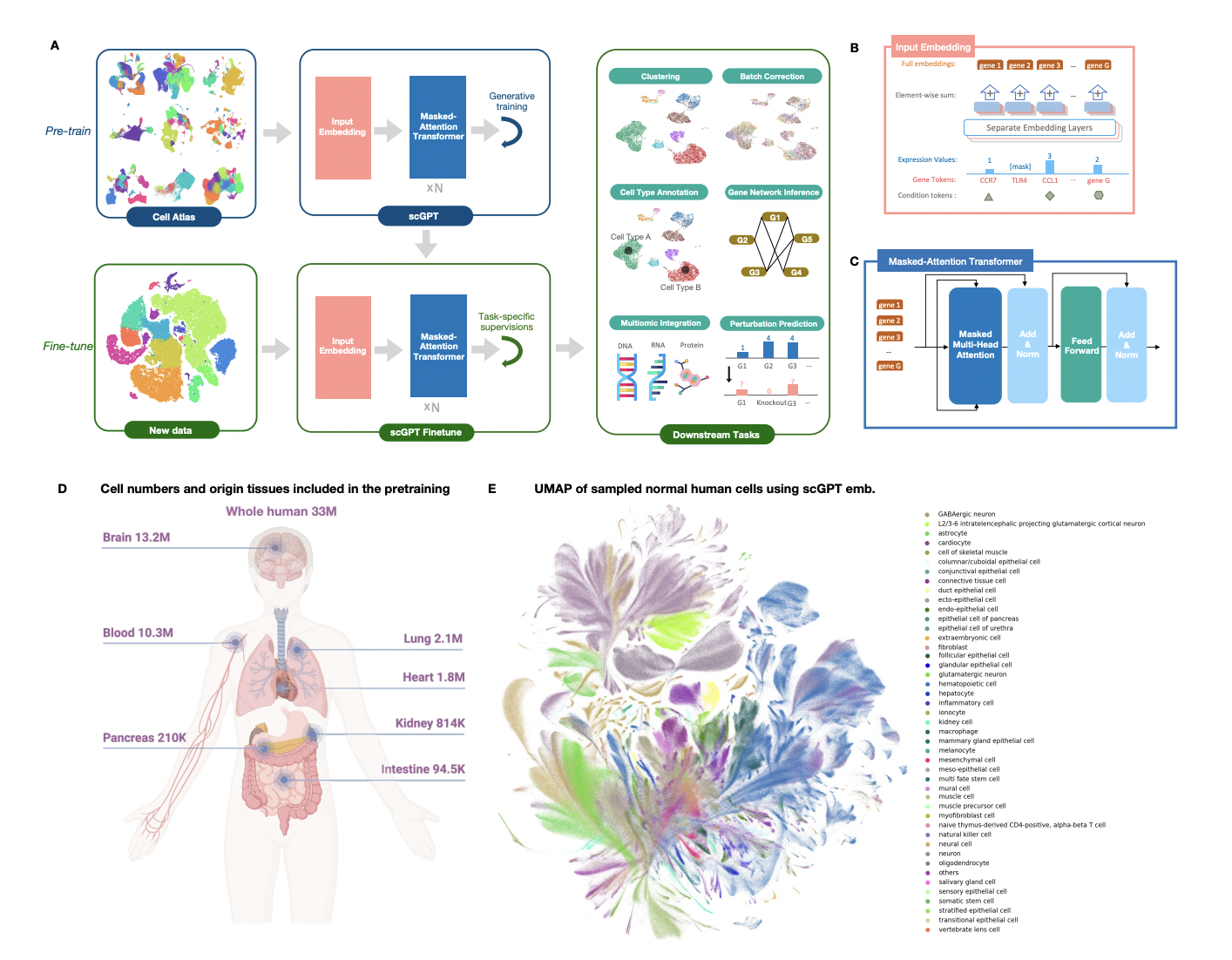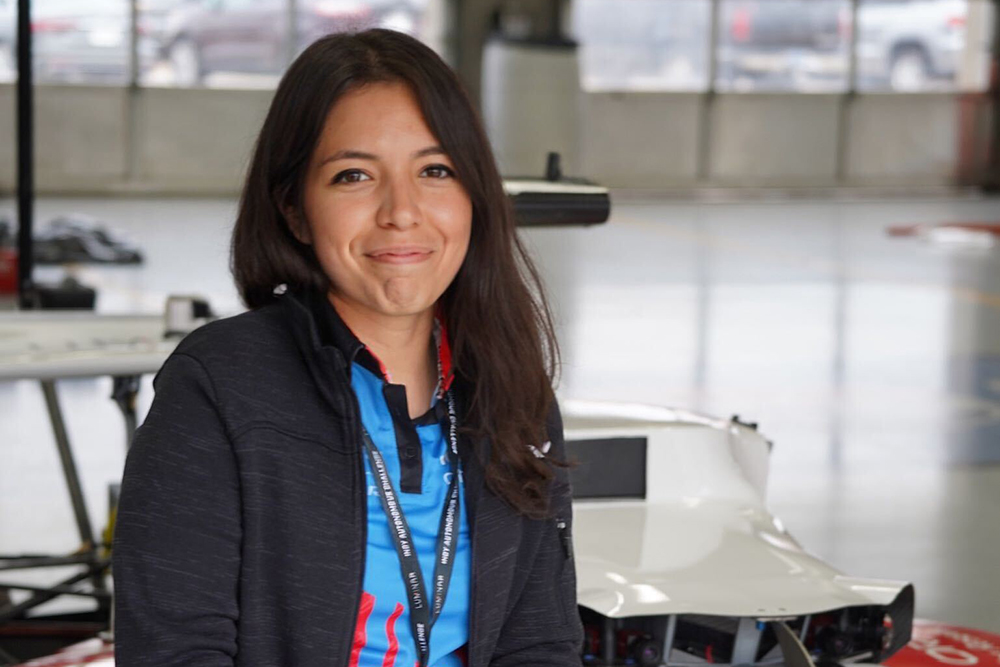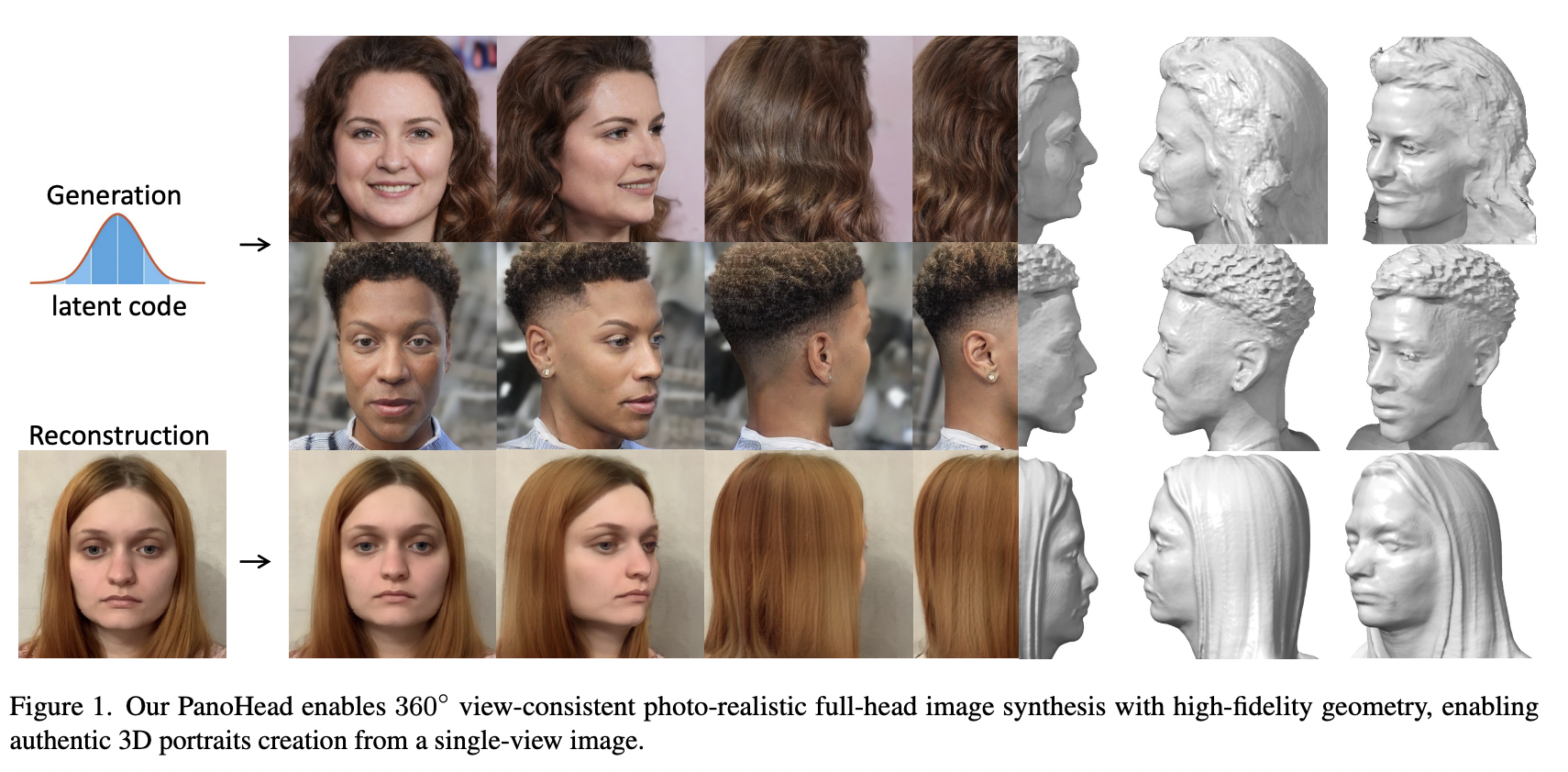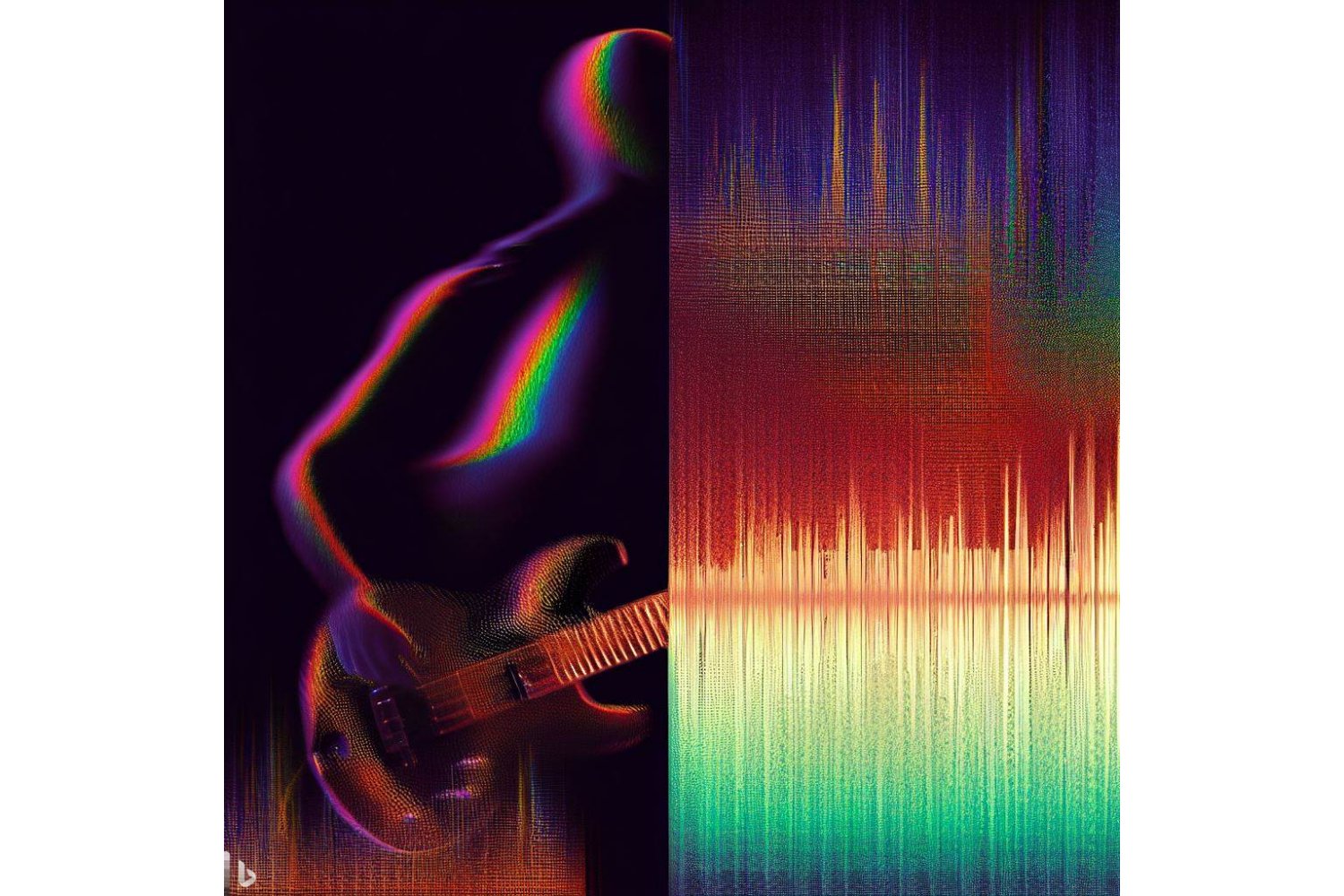
Fast-Tracking the Fight Against Covid: Researchers Validate AI-Generated Antivirals, Paving the Way for Rapid Drug Development in Future Crises
A recent study conducted by researchers at IBM and Oxford University revealed a breakthrough in antiviral drug development. The researchers utilized generative artificial intelligence (AI) to design novel molecules that have the potential to block the SARS-CoV-2 virus, which causes Covid-19. This approach proved successful, as the team identified four potential Covid-19 antivirals in a…













